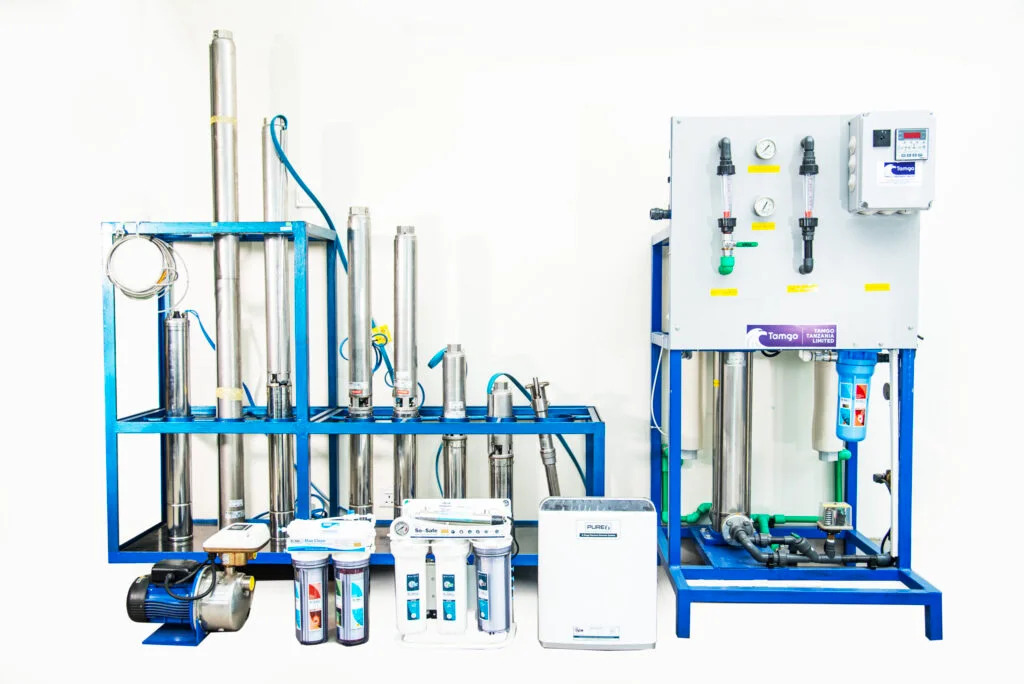Clean water supply and proper sewage management are at the heart of healthy communities and thriving businesses. In recent years, Water and Sewage Solutions Uganda has been positioned as a reliable option, but many still wonder how it compares with smaller, locally managed alternatives. Efficiency, sustainability, and long-term value all play major roles in answering this question.

Comparing Coverage and Reliabilit
Large-Scale Reach
Water and sewage solutions on the national and regional levels are targeted to benefit a broader public. Which also means better infrastructure, stronger networks, and more reliable distribution. Surveys generally indicate that customers who are on larger systems experience fewer outages and get better service reliability compared to smaller community systems.
Local Alternatives and Their Limits
Community-driven or private local options may meet immediate needs, but typically have trouble scaling. With limited resources and aging infrastructure, it can be a challenge to maintain continuity of service, especially in peak-demand periods or during times when local water supplies are stretched thin, such as drought conditions.
Cost and Long-Term Value
Upfront and Maintenance Costs
Local solutions may seem cheaper in the beginning, as they often require less infrastructure investment. However, maintenance costs can rise quickly due to frequent repairs, inefficiencies, and water losses.
Efficiency of Centralized Systems
Bigger water and sewage networks benefit from economies of scale. The efficiency achieved through advanced treatment facilities and professional management means lower overall costs in the long run, even if the initial setup feels higher.
Also Read this : Don’t Buy a Diesel Generator in Uganda Until You Read This
Health and Environmental Impact
Quality Standards
With the development of central water and sewage systems, a higher focus is put on regulation to maintain safe water quality as well as to ensure responsible waste treatment. This minimises the potential of pollution and water-borne diseases.
Local Risks
Unregulated alternatives, in the absence of proper oversight, can end up unintentionally putting communities at risk for unsafe drinking water. Poor waste management in such systems can also cause environmental issues, including contaminated rivers and soil degradation.
Making the Right Choice
Deciding between larger systems or smaller alternatives When it comes to deciding between larger systems and less-expensive options, the decision will come down to location, budgets and long-term goals. Centralized solutions are also typically more cost-effective, reliable and conducive to better health outcomes for urban areas and companies. Local options remain of crucial importance for rural and remote sites however, the weakness of these alternatives should be taken into consideration.
Conclusion
In comparing efficiency, it’s clear that larger systems like Water and Sewage Solutions Uganda typically outperform smaller local alternatives in reliability, cost-effectiveness, and health impact. While local options can fill immediate gaps, they rarely match the sustainability and long-term benefits of larger networks. For businesses and communities aiming for reliable infrastructure, Blackwood Hodge Power Services LTD Uganda offers expertise and solutions that balance efficiency with long-term value.